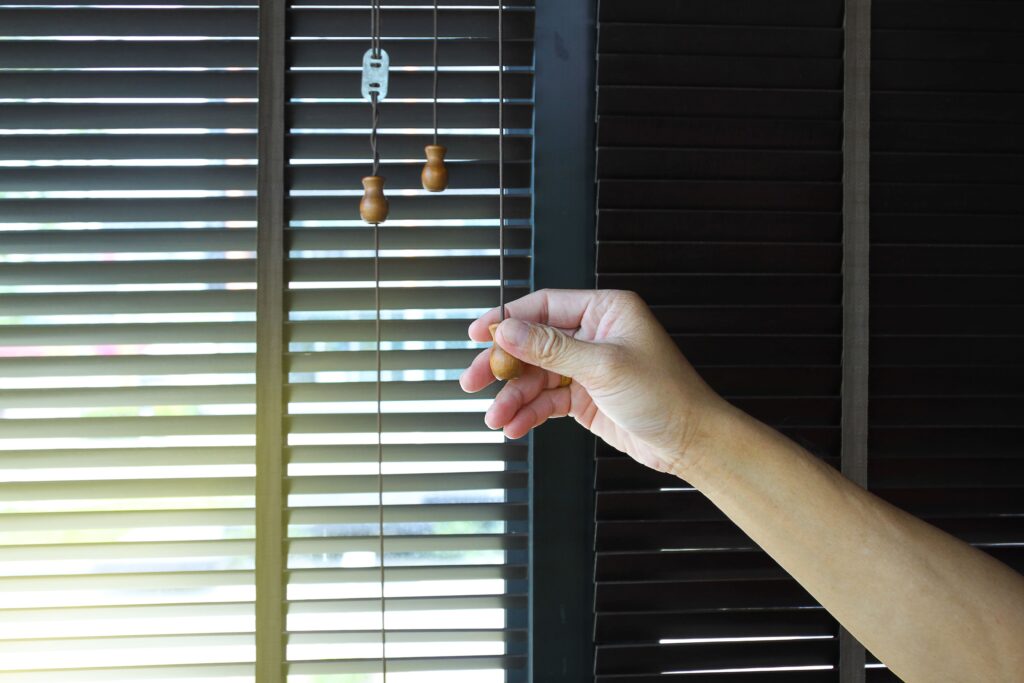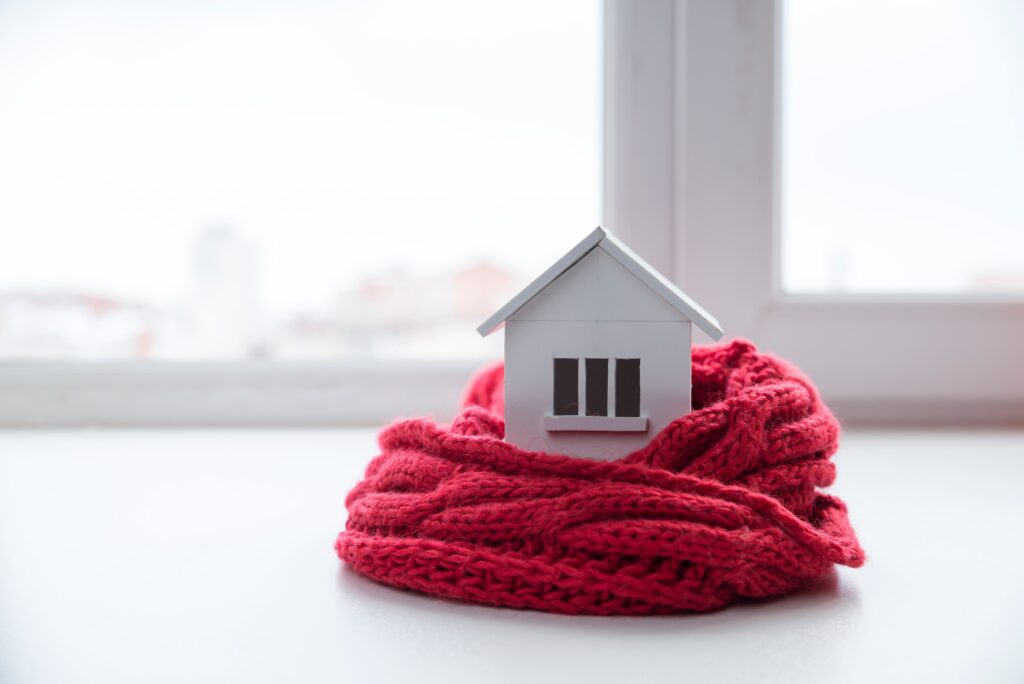- Sealing cracks or installing blinds can lead to big savings
- Property type has an impact on energy efficiency and your bills
- Flats are more energy-efficient than detached, semi-detached and terraced properties
Central heating is one of the main contributors to energy consumption in your home, and the type of property you have will determine whether you pay more for heating.
Homeowners can expect higher bills within the next few months if they do not take precautions to ensure their homes are not wasting heat.
Unbeatable Blinds investigated the average energy-efficiency ratings in England and Wales to see what types of properties are the most energy efficient. The following data focuses on Energy Performance Certificates (EPCs) which measure the energy efficiency of properties. The higher the rating, the lower your energy bills are likely to be.
According to Census data, the most energy-efficient property type are flats and maisonettes with an average energy-efficiency rating of 72 in England and 73 in Wales, giving them a Band C rating.
England’s least energy-efficient property type is semi-detached with an average energy-efficiency score of 64, whereas in Wales, both detached and terraced types scored the lowest with 63. Giving these property types a Band D rating.
Detached and semi-detached properties have more external wall exposure compared to terraced, flats and maisonettes, which leads to colder temperatures indoors especially if there is poor insulation. This inevitably means that energy bills are more likely to be higher in these types of properties since you would have used your heating more often.
It is important to know the energy efficiency of your property and understand the following advice when thinking about how to save money, as you do not want to see a dramatic increase in your bills. Additionally, knowing what type of property is more energy efficient can help new buyers determine the type of property they want to purchase or help budget when it comes to home renovations.
Unbeatable Blinds have shared some money-saving tips on how you can keep your home warm without having to use your heating.
Cracks and crevices in Doors/Windows Panes
Cracks and crevices in doors and windows are a nightmare for homeowners, one tiny crack in a door frame or windowpanes can be the main reason for energy loss.
Regardless of how big or small they are; cracks can let in a lot of cold air. Sealing them with caulk can prevent heat loss, as well as keep out dust, pollen, and small insects.
Sunlight
Sunlight can naturally keep your rooms warm. If you can do so, allow sunlight in during the day to naturally heat your room.
Open your curtains or blinds, and allow the rays to heat your room, but you must ensure you keep any windows and doors shut to prevent the heat from escaping. When the sun sets, roll down your blind or shut your curtains to prevent any more heat loss.

Blinds
Blinds are not just used for privacy or to block out sunlight. Homeowners often overlook the fact that blinds can prevent heat loss by up to 60%, impacting your energy bill.
“Blinds can keep out draughts and depending on the type of blind you have; some can even insulate your property!” says Sophie Moore from Unbeatable Blinds.
Depending on your property type, investing in good-quality blinds can help reduce the cost of your energy bill, especially in a heavily-windowed home.
Quick-fit blinds are a very affordable and environmentally friendly option, their ‘honeycomb’ design acts as an insulator and prevents cold air from entering and warm air from escaping.
Wooden blinds are more stylish and contemporary and can keep your home warm during the coming winter months.
Curtains
Investing in good-quality curtains can also prevent heat loss. Like blinds, curtains can reduce the amount of air exchange from a cold window to a room.
Thicker quality curtains or black-out curtains can act as an insulator and prevent cold air from entering and heat from escaping.
Allowing sunlight in during the day and closing them at night can help trap in heat and help reduce your energy cost.
Timers
If you are to use your central heating or other heat sources in your home, it is vital that you use them efficiently.
Timers are the best way to take control and ensuring that heating and hot water aren’t being used unnecessarily.
Programming your heating so that it only is on when you are home or setting it for 30 minutes to an hour daily can save you a lot on your energy bills. Furthermore, closing any doors to rooms in your property that go unused for long periods can help contain heat.

Layer Up/Blankets
This may seem straightforward, but often people tend to go straight to the thermostat rather than put on a cosy jumper.
Extra layers of clothing can keep you warm and help maintain your body temperature by not letting heat escape from your body. If your property has marble/tile flooring, then it is important to wear socks as they can help regulate your body temperature.
Blankets are important too, especially for any pets in your home.
Source: Energy efficiency of housing in England and Wales: 2022 (UK Census data)

| [donate]
| Help keep news FREE for our readersSupporting your local community newspaper/online news outlet is crucial now more than ever. If you believe in independent journalism,then consider making a valuable contribution by making a one-time or monthly donation. We operate in rural areas where providing unbiased news can be challenging. |



















